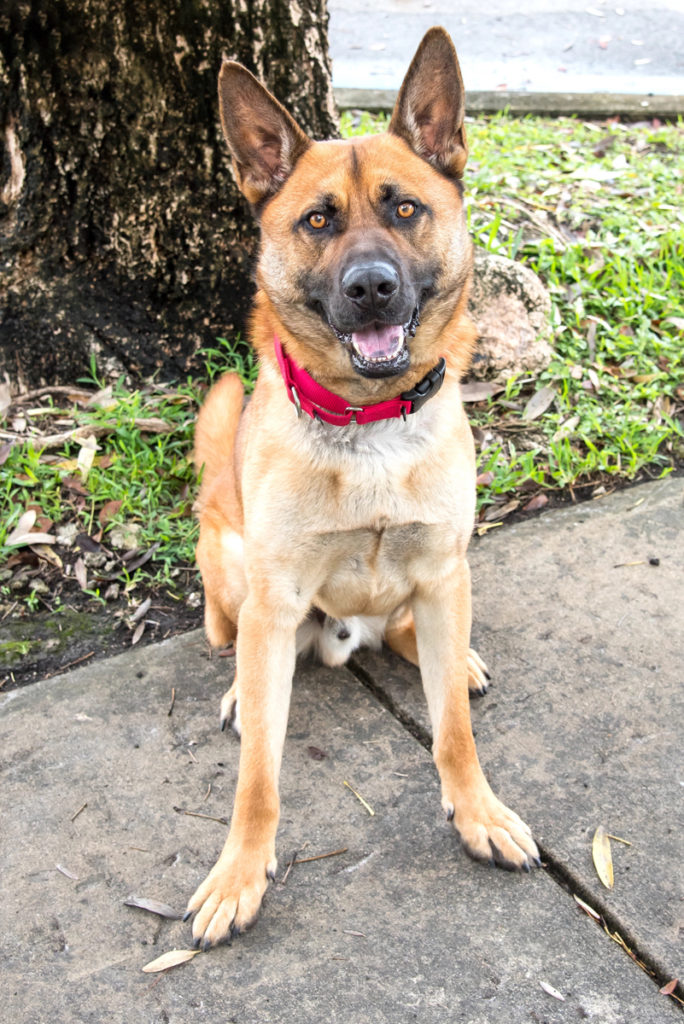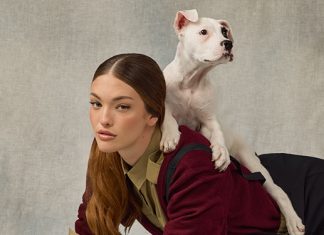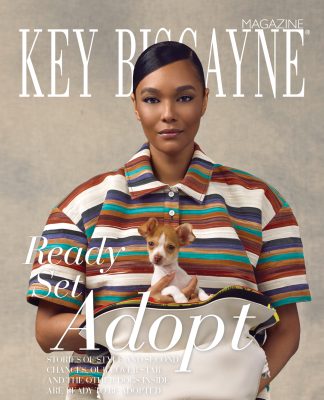
Brodie
At just under 2 years old, Brodie is a German Shepherd Mix that is an all-around amazing dog. He’s very active and energetic, and as is common for his breed, and loves learning and keeping his mind busy. This 54 lb. delight is great with people, but with his energetic disposition, the rescue staff believe a home with teens would work best, but not younger children. He has many female dog friends and is actively working on his social skills; Paws4You.org.
“Although I like to remain humble, I will admit that I’ve become a staff and volunteer favorite at Paws4You Rescue!”

Post-Pandemic Issues
Many dogs who were acquired during the beginning of the pandemic are now adolescent dogs or slightly over a year old. Working with under-socialized, fearful and nervous dogs is nothing new to professional dog trainers like myself, yet seeing this many come through our doors at the same time is. If you added a puppy to your family during the pandemic, here’s what you need to understand about how stay-at-home orders affected their development. Dogs are social creatures. They need social interactions with a lot of people, dogs, other species, and exposure to novel stimuli to develop properly. All this has to happen prior to 16 weeks of age and continue through adolescence for dogs to develop into confident, fear-free adults. Things that dogs were not regularly exposed to during the critical early socialization window become triggers for fear responses like hysterically barking, lunging, growling, cowering and pulling away when on leash. If you’re wondering how many people a dog must meet in order to be confident around people, the answer is in the hundreds! Although dogs can learn to cope with their fears better through behavior modification training, there is no turning back the clock on early socialization. As a result, repeated exposure to new stimuli doesn’t fix the problem alone. It has to be slow, repeated exposure combined with a motivator like food, toys and praise, that can help a dog make a new association that people and dogs are safe. It’s critical that your dog participate in a controlled group class setting with an experienced trainer now. Slow, positive exposure can definitely help lessen the impact of under-socialization, but it’s important you realize that in some dogs there is no “fixing it.” A harsh reality, but one we all need to hear. Don’t delay another day in finding a professional who can help you and your dog work through it.











